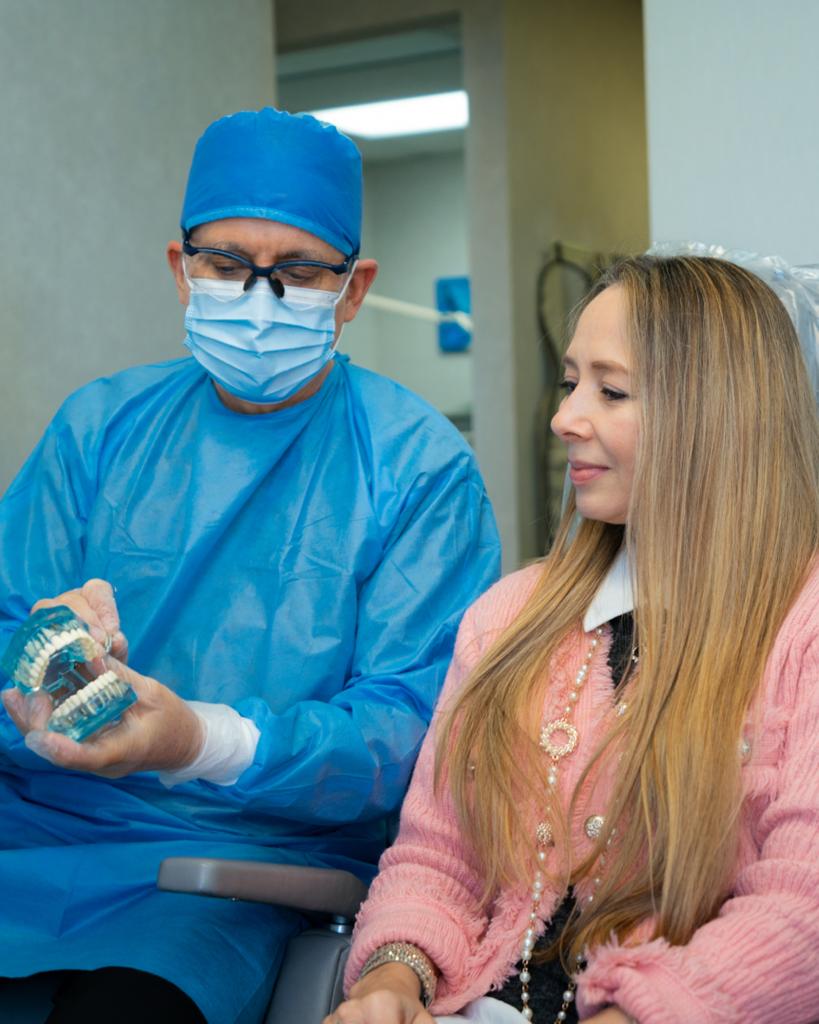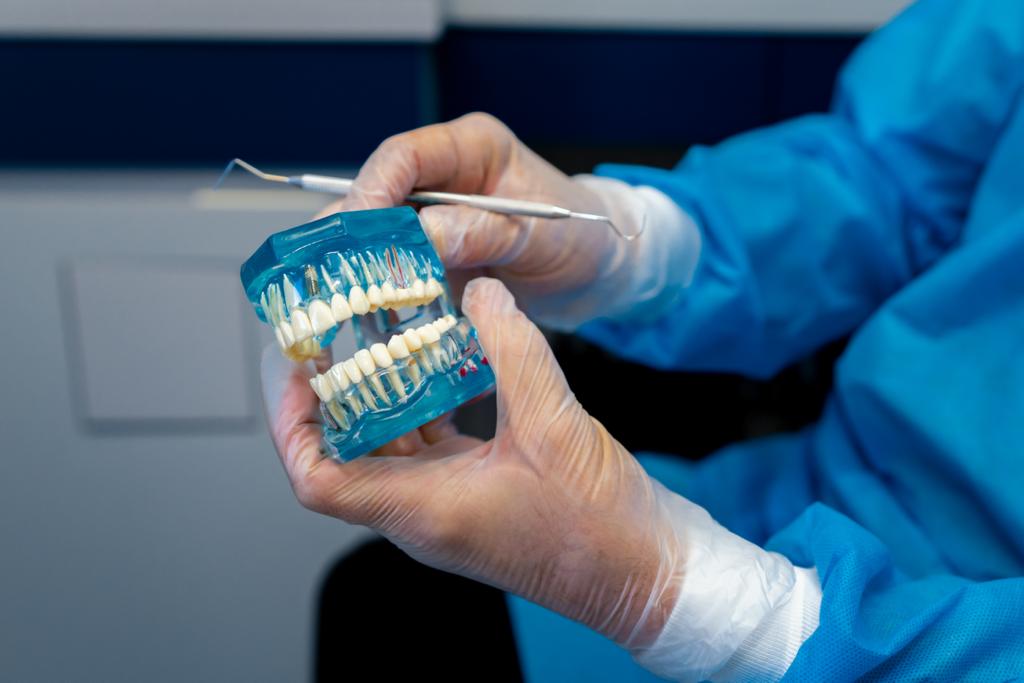Endodontic Surgery
Surgery can help save your tooth!
Why Would I Need Endodontic Surgery?
Surgery can help save your tooth in a variety of situations.
- Surgery may be used in diagnosis. If you have persistent symptoms but no problems appear on your x-ray, your tooth may have a tiny fracture or canal that could not be detected during nonsurgical treatment. In such case, surgery allows your endodontist to examine the root of your tooth, find the problem and provide treatment.
- Sometimes calcium deposits make a canal too narrow for cleaning and shaping instruments used in nonsurgical root canal treatment to reach the end of the root. If your tooth has this build up, your endodontist may perform endodontic surgery to clean and seal the remainder of the canal.
- Usually, a tooth that has undergone a root canal can last a lifetime and never need further endodontic treament. However, in some cases, a tooth may fail to heal. The tooth could become painful or diseased months or even years after a sucessfule treament. In this case, surgery may help save the tooth.
- Surgery might also be performed to treat damaged root surfaces or surrounding bone.
Although there are several surgical procedures that may be performed to save the tooth, the most common is called apicoectomy or root-end resection. When inflammation or infection persists in the bony area around the tooth after a root canal procedure, an apicomectomy may be performed.
What is an Apicoectomy?
In this procedure , the endodontist opens the gum tissue near the tooth to see the underlying bone and to remove any inflamed or infected tissue. The very end of the root is also removed.
A small filling might be places to seal the end of the root canal. A term referred to as "retrofilling", and a few stitches or sutures are placed in the gum to help the tissue heal properly.
Over a period of months, the bone heals around the end of the root.
Will the procedure hurt?
Local anesthetics make the procedure comfortable. It is possible you may feel some discomfort or experience slight swelling while the incision heals as is normal for any surgical procedure. The doctor will recommend appropriate pain medication to alleviate discomfort.
You will received specific postoperative instructions to follow. If you have questions after your procedure or if you have pain that does not respond to the medication, call the doctor.



